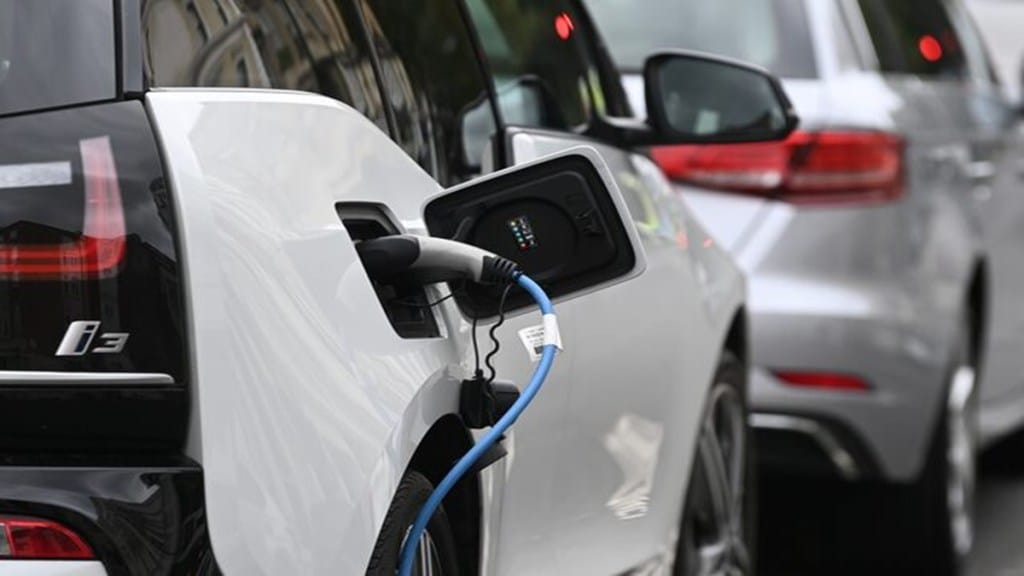By Yaruqhullah Khan
Cab aggregators and delivery platforms in Delhi are likely to get relief as the state government is considering extending the deadline for full electric transition of commercial fleets from April 1, 2030, to April 1, 2035. The deadline is part of the Delhi Motor Vehicle Aggregator and Delivery Service Provider Scheme and applies to fleets deployed by cab operators, delivery firms and e-commerce companies.
Officials told Fe that the extension is being discussed after repeated representations from major aggregators and industry groups. The revised Motor Vehicle Aggregator and Delivery Service Provider Scheme is expected to be made public in early 2026.
The government has been holding discussions over the past two months with firms including Ola, Uber India, Amazon, Swiggy, Zomato and Rapido. Multiple officials confirmed that the meetings have centred on easing the transition timeline and reviewing provisions that could affect gig workers and fleet operators.
A Delhi government official said inputs have been received from companies and labour associations, and the administration is reassessing earlier targets. The official said concerns raised by the industry have been taken into account and that revisions will be reflected in the updated policy.
Industry Concerns
The most significant concern flagged by aggregators and driver groups relates to the financial pressure on drivers and small fleet operators to purchase EVs by 2030. They argued that the upfront cost of EVs is substantially higher than petrol or diesel vehicles and that gig workers largely depend on loans to purchase their vehicles. Stakeholders said enforcing the current deadline could push many drivers into debt.
The government also plans to include fare regulation in the revised scheme, with special focus on surge pricing. Discussions are underway on how guidelines on fare revision will be implemented for cab aggregators.
As of now, 64 entities are registered on the state aggregator portal, comprising 17 ride-hailing firms, 42 delivery service providers and five e-commerce platforms. Together, they operate more than 550,000 vehicles, including 325,762 two-wheelers, 121,339 three-wheelers and 111,234 four-wheelers in Delhi.
Beyond Electrification
Officials said the challenges differ across aggregator business models. In platforms relying on independent driver partners, workers bear the investment for vehicle purchase, which has led to calls for financial support during the EV shift. In fleet-owned models where drivers are employees, the cost burden is lower, but limited availability of charging stations remains a hurdle. Delhi has over 4,000 public charging points, but officials and industry groups say the number is still insufficient to support the growing volume of electric two- and three-wheelers.
The scheme was first notified in November 2023 and aimed to regulate aggregators, delivery firms and e-commerce entities operating more than 25 vehicles through a digital platform. It also proposed mandatory licensing, phased fleet electrification, grievance redressal for users, a passenger rating mechanism and mandatory training for drivers with low ratings.

